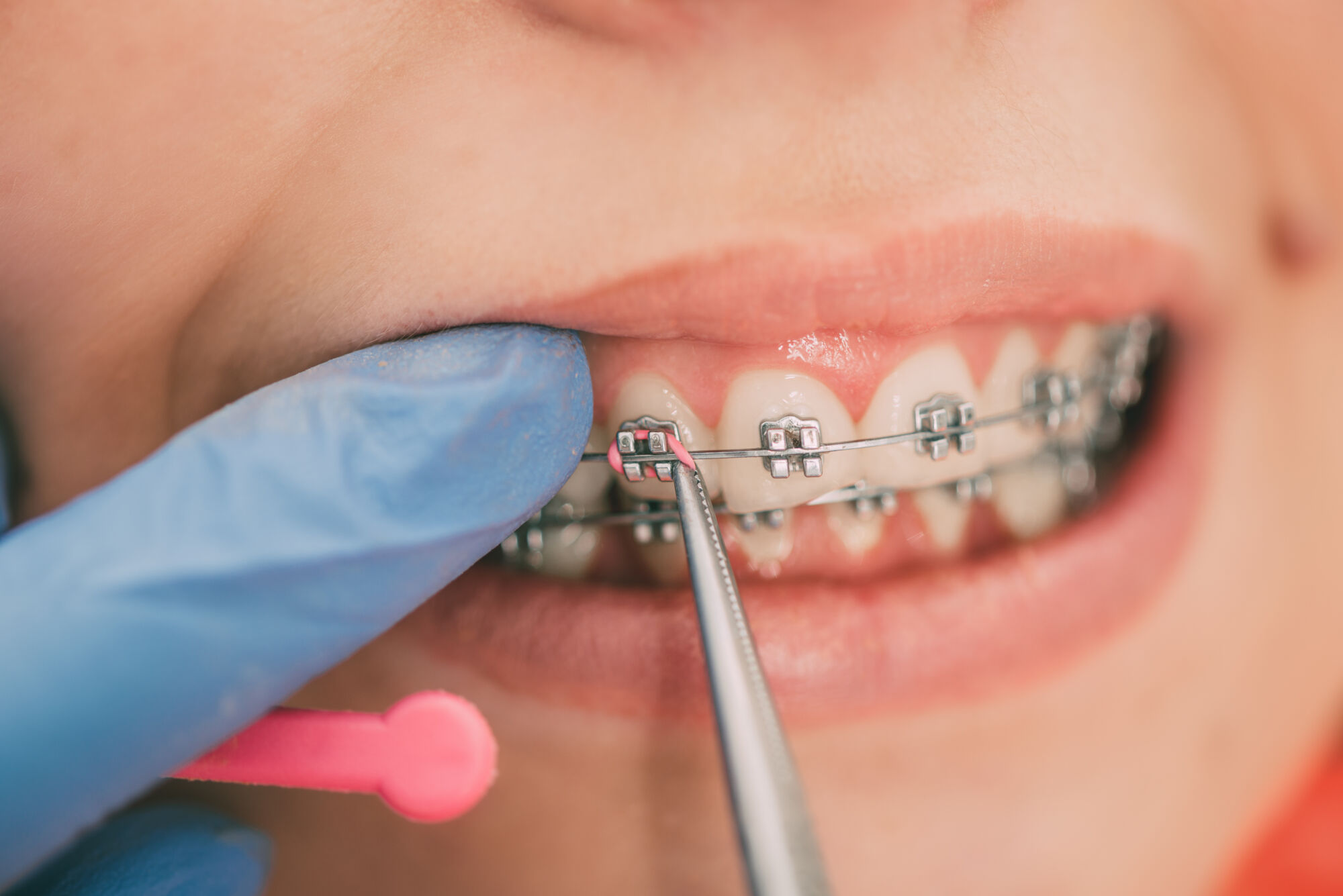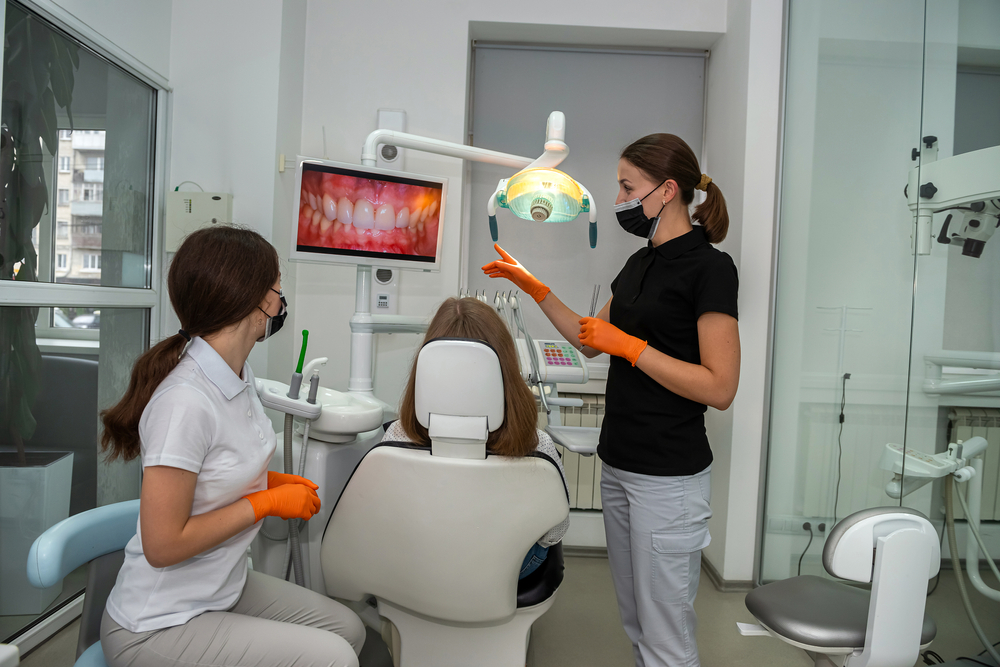We Use the Myobrace for Misaligned Teeth
At Ahava Orthodontics, we know that teeth don’t become misaligned by chance. Most cases of crooked teeth, known as malocclusion, stem from improper jaw development rather than from genetics alone. This restricted development limits the space available for erupting teeth, preventing them from aligning in their natural positions. Myobrace offers an innovative, preventive approach that addresses the underlying causes of malocclusion, giving children the opportunity for proper dental and facial development early on—often without the need for braces or tooth extractions later. Malocclusion: What Causes Misaligned Teeth? Malocclusion is frequently the result of poor jaw development rather than the size or shape of the teeth themselves. When a child’s upper and lower jaws don’t grow sufficiently, there’s simply not enough space for all of the adult teeth to come in properly. The result is overcrowded or crooked teeth, which may eventually lead to bite issues, alignment problems, and even airway restrictions. Traditional orthodontic treatments often delay addressing [...]










